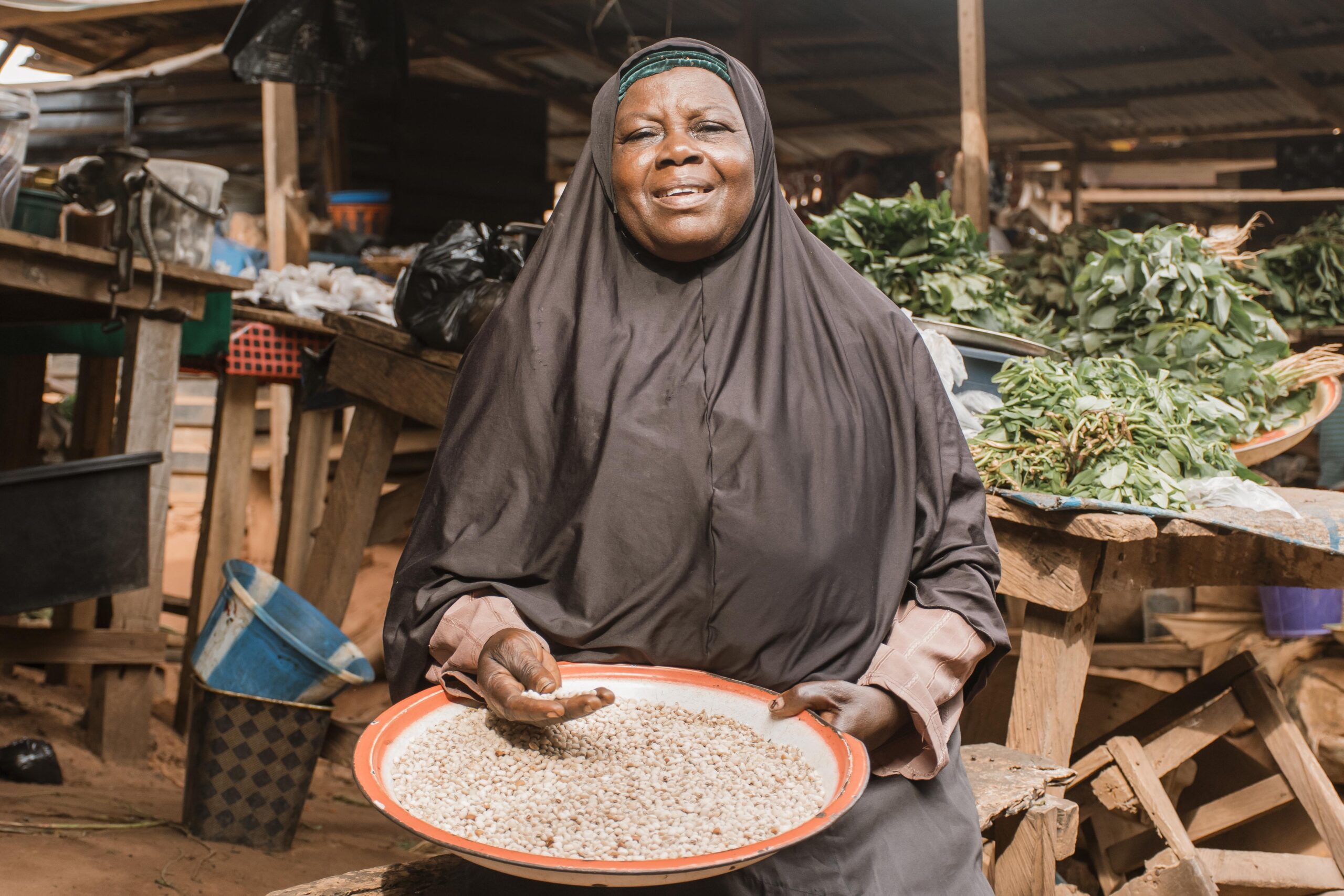January 18 2023
However, despite the inherent benefits of operating an open banking system, there are concerns about the security and privacy of customers’ financial information within the system. This is one of the main challenges with the adoption of open banking in...
November 28 2022
A major challenge experienced by both SMEs, MSMEs and large businesses is determining how best to manage their money gotten from sales or other operations. The reality is that many businesses leave money on the table by letting funds sit...
October 11 2022
by Victor Aboh Have you ever thought to yourself, “if only I could get this piece of data from a certain financial institution, I would make an application that solves a pressing customer issue”? Then, Open banking is here for...
September 5 2022
If you were asked to explain the concept of Open Banking, how would you describe it in less than a minute? Watch Open Banking Nigeria Trustee, Adedeji Olowe, in 60 seconds simplify the term and why it has been important...
January 10 2022
Introduction The way we carry out financial transactions today is very different from what it used to be. At the moment, there are a lot of fintech companies and innovators constantly pushing the boundaries within the finance sector. These advancements...
October 11 2021
The conversation on Open Banking in Africa is one that has been a long time coming. While the benefits seem apparent at first glance, there’s a lot at stake for banks, fintechs, governments, and consumers. Open Banking uses secure application...
August 1 2021
July 11 2021
A couple of years ago, every Nigerian household made the monthly trip to the bank or electricity provider company, cash in hand, with their bill slip and means of identification to pay their electric bills. It was a similar story...
June 20 2021
With the many changes in the banking sector and the country as a whole, Open Banking seeks to bridge the gap between banks and fintechs with standardized API access; where all banks share the same data and API taxonomy. It...
May 30 2021
Two decades ago, if you wanted to deposit money, pay bills or access a range of financial services, the bank would have been the only place to turn to. But that has since changed with fintechs unbundling banking and offering...

January 16 2026

December 31 2025
Open Banking Nigeria (Open Technology Foundation) is a non-profit backed by a group of industry experts across banking, fintech, risk management, and more to drive and launch the open banking standard in Nigeria.